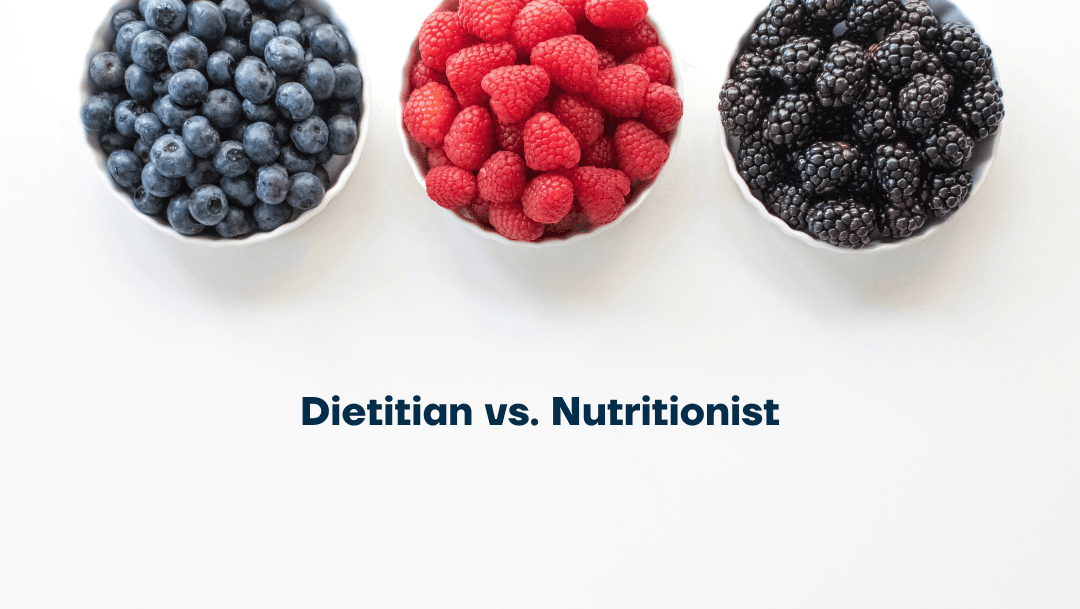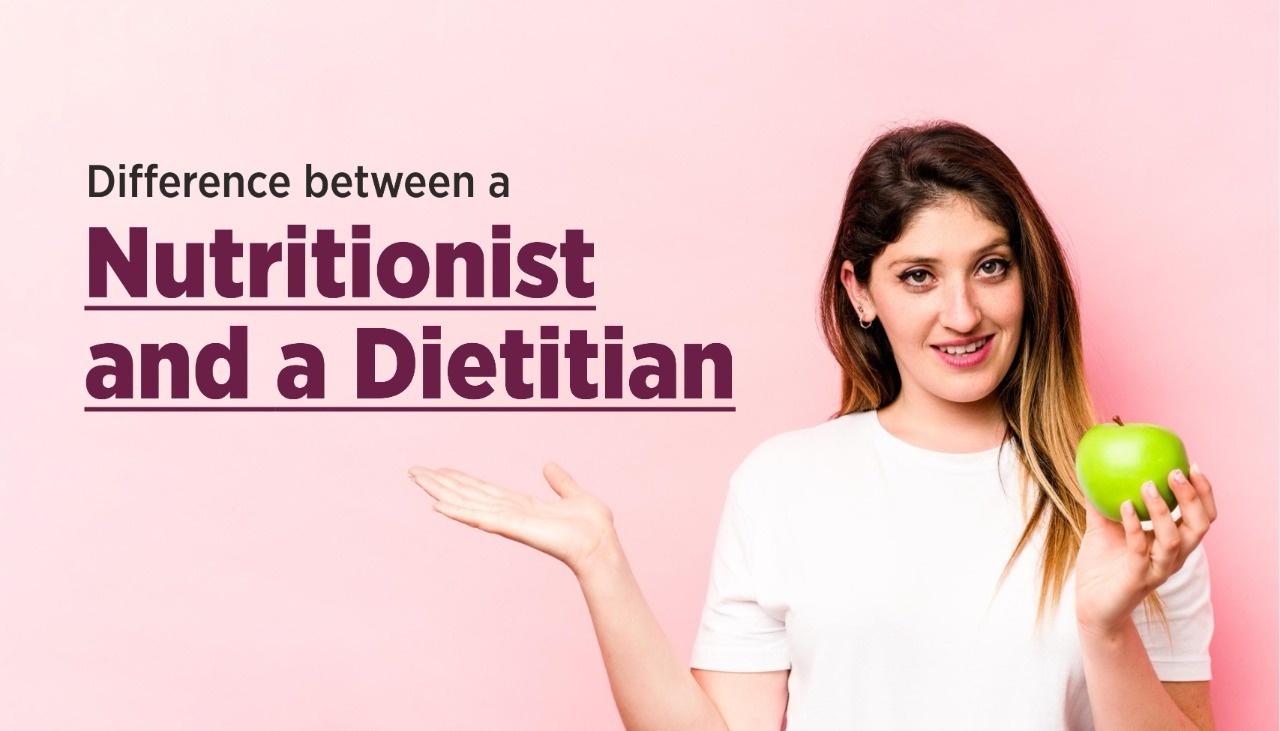All Categories
Featured
Table of Contents
The sorts of Nutritional experts are: and. The former are those individuals who utilize the clinical approach to study nutrients, both as individual compounds and as they interact in food and nutrition while the latter are professionals who help in detecting the dietary issues of areas and in finding services to those troubles.
: They collaborate with wellness programs and international health organizations.: They are liable for large food preparation and service.: They are specialists in nourishment and aging. They are Board licensed in Gerontological Nutrition with the American Dietetic Association.: They are mainly involved with nutritional relevant study in the medical aspect of nourishment in condition states, public element on main, secondary and sometimes tertiary health avoidance and foodservice aspect in issues entailing the food gotten ready for people.
What Is The Best Clinical Dietitian App?
: These act as resource people for the media. Dietitians' experience in nourishment is commonly taped for television, radio, and newspapers-- either as a professional visitor viewpoint, normal writer or guest, or for resource, dining establishment, or recipe development and critique.: These work under exclusive practice. As explained over, all dietitians are nutritionists but not all nutritionists have the qualifications and credentials to be called dietitians.
This suggests specifically the same thing as Registered Dietitian (RD), a term that has actually been in usage for a long time. While accreditation to come to be an RD or RDN is regulated by the Academy of Nutrition and Dietetics a national organization licensure is regulated by specific states.

In order to provide medical nourishment treatment and qualify as carriers for insurance provider, a dietitian must be licensed by the state. According to the Bureau of Labor Data, the demand for dietitians and nutritionists is anticipated to boost by 20% in between 2010 and 2020 this is a much faster development rate than the standard for all occupations.
What Is The Best Diet Planning Program?
There are substantial differences in settlement based upon field of expertise, with Professional Pediatric Dietitians and Dairy Nutritionists balancing about $90,000. In 2014, The Bureau of Labor Statistics (BLS) located that the leading 10% of dietitians and nutritional experts earn greater than $79,000, and the bottom 10% less than $36,000 - Certified Nutrition Specialist. A mean hourly wage of $27.62 was calculated for both fields, with the leading 10% earning over $38.00 per hour, and the bottom 10% earning below $17.00 per hour

There is a selection of work offered in different environments for those who desire to function with the public, as well as for those who prefer more research-focused work. Many enter into one of these fields in order to aid people live healthier lives which can be immensely rewarding.
With present data that one-third of the U.S. population is obese, in addition to a a great deal of elderly U.S. residents, dietitians and nutritionists are most likely to have a more substantial duty in the future. My Plan ranks dietitians and nutritionists at # 53 in their joy index of leading 300 professions with the greatest task complete satisfaction scores.
In addition to participating in a certified program, many states call for dietitians to be certified or to have expert accreditation, or both.
How Do I Find A Sports Nutrition Counseling Service?
Your core classes may include: Food science Chemistry Health and wellness care policy Scientific nutrition Biostatistics Microbiology Food service management You'll also require to complete a dietetic teaching fellowship.

Whether created in regulation or not, dietitians and nutritionists many times require a similar education and learning. Common bachelor's levels for nutritionists consist of nourishment scientific research or a relevant self-control, such as dietetics, kinesiology, food system monitoring, or biochemistry and biology.
The number of hours you'll require may depend on requirements in the state where you'll function. Whether you plan to earn a credential or not, it's an excellent idea to complete a minimum of one teaching fellowship to obtain beneficial experience prior to seeking a full-time role. Licensing and qualification requirements for nutritional experts and dietitians vary from state to state.
Is It Worth Paying For Weight Loss Dietitian?
A professional qualification demonstrates your knowledge and understanding in your area. These are not certification programs. A certification indicates that you have taken a training program to learn a skill. Accreditation shows your mastery prolongs beyond your education and learning and that you have actually passed a qualifying test. Here are the top qualifications for dietitians and nutritional experts.
The titles are basically the same. There's no expert distinction in between them, and you're totally free to choose which one you wish to use based on personal preference. To take the certification test, you need to: Make a bachelor's degree that's accredited by the ACEND Total a dietetics internship After Jan. 1, 2024, you'll require to gain a master's degree to get approved for the certification.
How Much Does Full Service Integrative Dietitian Cost?
There is a variety in incomes, with the bottom 10% around $44,910 and the top 10% around $98,830, according to the BLS. Nutritional expert and dietitian duties are expected to grow 6.6% with 2032, according to the BLS.
This doesn't imply that profession is remarkable to the other, as they both have various features and credentials that might often overlap. If you want to discover more concerning what makes these careers distinctive, keep analysis. Diet professionals are specialists that aid enhance the lifestyle through healthy food choices.
How Do I Find A Certified Dietitian Service?
Nutritionist advice concerning nutrition's impact on wellness. The field is less controlled than dieticians; therefore, nutritional experts' degrees of know-how and qualifications can differ.
There are numerous distinctions in between dieticians and nutritionists. Below are the training and history specs. Dieticians usually hold a bachelor's degree in dietetics, nutrition, or a related area. As their jobs breakthrough, lots of diet professionals pursue postgraduate degrees, like a Master's or Doctorate, to specialise in certain locations of nourishment. Dieticians have to undertake monitored functional training as part of their education and learning to acquire hands-on experience in medical settings, area nourishment programs, or food service monitoring.
Latest Posts
Expert Exercise Routines Near Me (Iluka WA)
Value Functional Fitness Near Me (Ocean Reef WA)
Trusted Gym Equipment Near Me – Perth